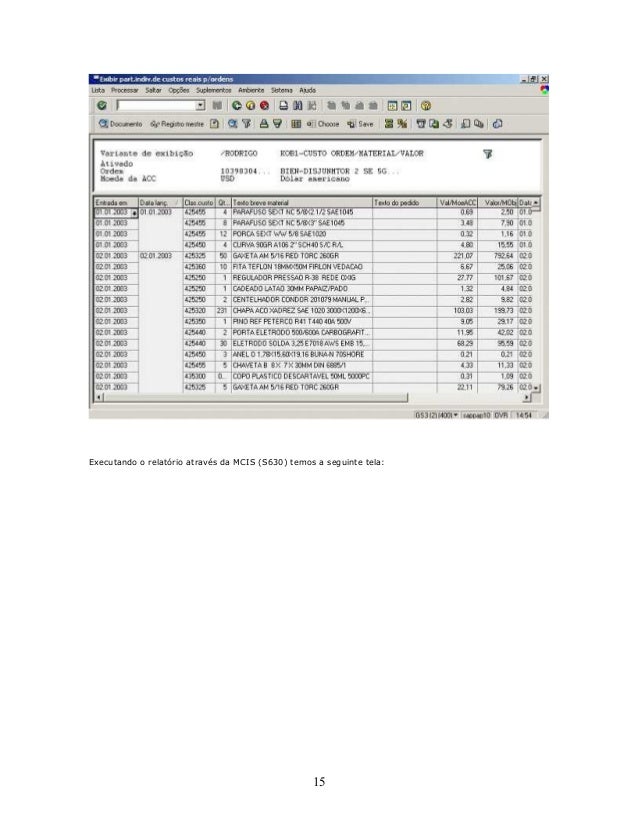
In the aggregate, the various contributions to the book reject the notion that a ‘decline of party’ has progressed to such an extent as to threaten the survival of parties as the crucial intermediary actors in modern democracies. Other chapters also examine in detail how corruption and party patronage have contributed to party decline, as well as public attitudes towards parties in several countries. In particular, two detailed case studies (from France and Spain) demonstrate how party models are significant not only as frameworks for scholarly research but also insofar as they can affect party performance.

Several chapters re‐examine existing models of parties and party typologies, particularly with regard to the capacity of commonly used concepts to capture the wide variation among parties that exists in old and new democracies today, and with regard to their ability to deal adequately with the new challenges that parties are facing in rapidly changing political, social, and technological environments. It systematically re‐examines the underpinnings of rational‐choice analyses of electoral competition, as well as the misapplication of standard party models as the ‘catch‐all party’.

The book critically analyses the ‘decline of parties’ literature, both from a conceptual perspective and-with regard to antiparty attitudes among citizens-on the basis of empirical analyses of survey data. After an introduction, it has 11 contributions from leading scholars in the field, which present a critical overview of much of the recent literature on political parties, and systematically assess the capacity of existing concepts, typologies, and methodological approaches to deal with contemporary parties. This book is one in a series (Comparative Politics) for students and teachers of political science that deals with contemporary issues in comparative government and politics.


 0 kommentar(er)
0 kommentar(er)
